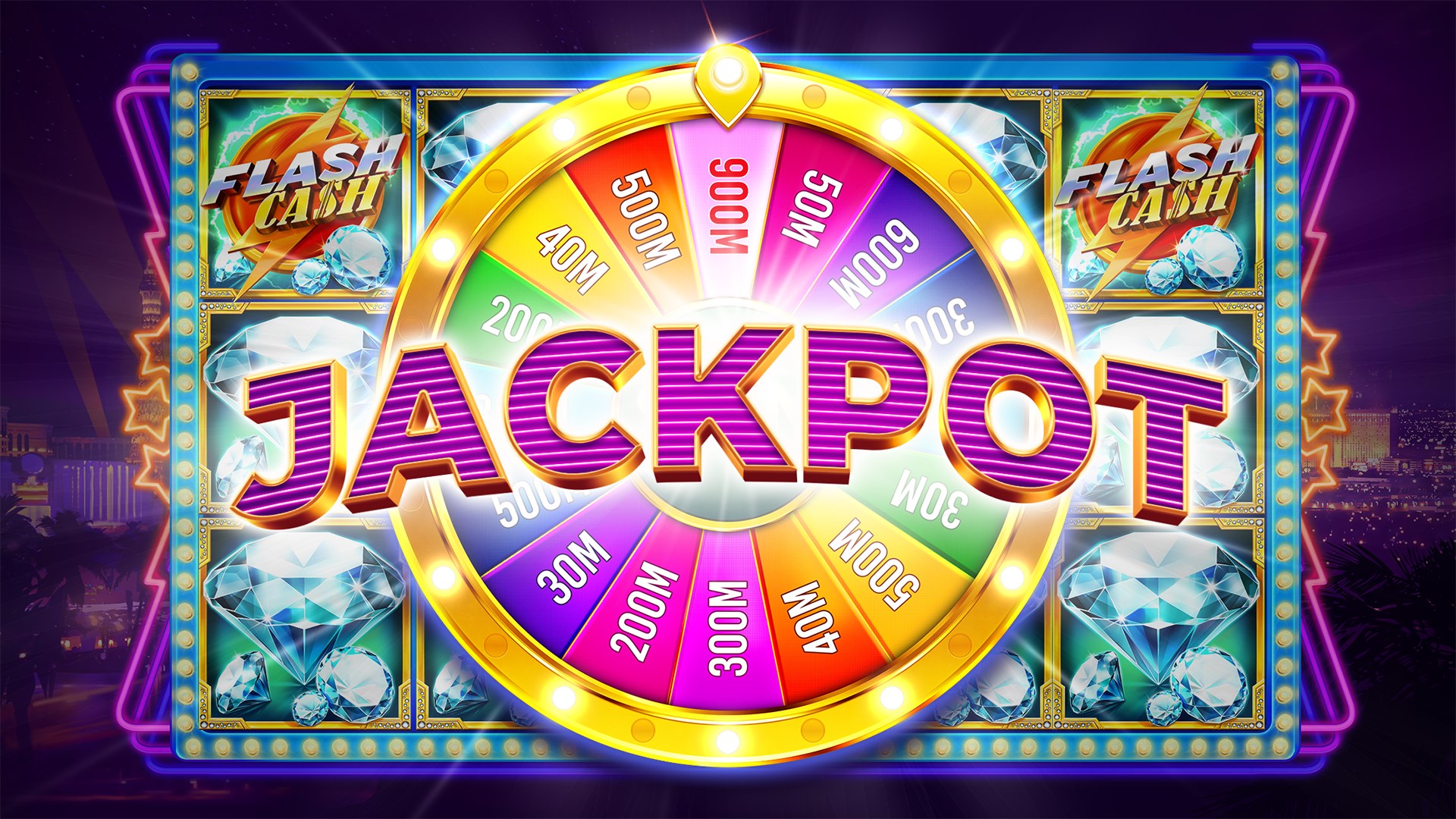A world of casino games is continuously transforming, influenced by dynamic rules, tech innovations, and evolving consumer preferences. While authorities and regulatory bodies strive to create a safe and fair environment for gamblers, the framework of gambling laws is experiencing major transformations. Understanding these shifts is crucial for both operators and players looking to explore the exciting yet intricate realm of gambling.
In recent times, various regions have proposed and implemented new rules aimed at improving player protection while encouraging ethical gaming. These developments not only influence the types of gambling games offered but also the manner in which they are advertised and accessed. In this piece, we will explore the most recent regulation changes, their consequences for the gambling sector, and that which players can look forward to as they engage with their favorite casino games.
New Regulatory Frameworks
Current developments in gaming legislation are shaping the prospects of gaming entertainment across various areas. Governments are acknowledging the importance for a strong regulatory system that not solely protects players and also guarantees just competition and responsible gaming. These guidelines are designed to tackle concerns such as internet-based gambling, digital currencies, and developments in the technological field, reflecting the evolving setting of the gambling sector.
One major trend is the introduction of more stringent policies regarding clarity and gambler safety. Gambling venues are now required to provide clear data on odds, winnings, and the associated hazards related to betting. This shift aims to enable players by helping them take wise judgments while also helping to combat gambling issues through accountable gaming initiatives. Gaming providers are expected to implement self-restriction programs and offer support for players seeking aid.
Additionally, emerging regulations are being applied to new innovations such as VR and blockchain in casino games. Oversight bodies are crafting guidelines to ensure that these advancements maintain fairness and justice while also safeguarding customer information. As the field evolves, regulators are adapting to confirm that innovations enhance the casino experience while protecting both gamblers and operators.
Impact on Game Variety
The recent changes in gaming policies have unlocked new opportunities for casino games, allowing for enhanced breakthroughs and difference within the field. As oversight agencies modernize their standards, creators are encouraged to develop distinct game offerings that appeal to a broader audience. This has produced a vibrant array of new games, incorporating diverse themes, categories, and systems that were previously neglected or restricted by stricter policies. casino not on GamStop
With a more flexible regulatory framework, casinos are now free to try out different types of games, including games of skill and participatory play. This change has led to a boom in fusion games that combine classic casino elements with modern gameplay trends, such as digital gaming and enhanced reality. By diversifying the game offerings offered, gambling establishments can appeal to not only seasoned gamblers but also casual players who may lean towards alternative selections.
Moreover, the advancement of rules has highlighted transparency and justice in gambling, which could foster higher trust from players. As a result, consumers are more inclined to try a broader selection of games, understanding they are participating in sites that follow updated regulations. This growing belief enhances player participation and can ultimately boost revenue growth as more broad selections cater to diverse interests and demographics in the gaming community.
Upcoming Trends in Oversight
As the gaming landscape develops, authorities are more and more focused on adopting tech-driven solutions to enhance transparency and fairness. The adoption of blockchain technology into casino operations is anticipated to gain traction, allowing for enhanced oversight of operations and ensuring that activities remain just and secure. This transition could lead to a compliance framework that accepts these innovations, promoting faith among participants and operators alike.
In addition to technological adoption, there will likely be a greater emphasis on safe gaming practices within the oversight environment. Authorities are anticipated to implement stricter measures to promote gambler protection, including required self-exclusion programs and effective age verification mechanisms. This move aims to protect at-risk populations while ensuring that the experience of casino games is upheld for responsible gamblers.
Lastly, as internet gaming continues to grow globally, standardization of oversight across different jurisdictions will become a pressing need. Countries may endeavor to work together more closely on common standards for certification, operation, and taxation. This could lead to a more simplified regulatory framework for international operators, fostering a wider acceptance of digital gambling games while maintaining robust of gambler protection and integrity in the gaming industry.

